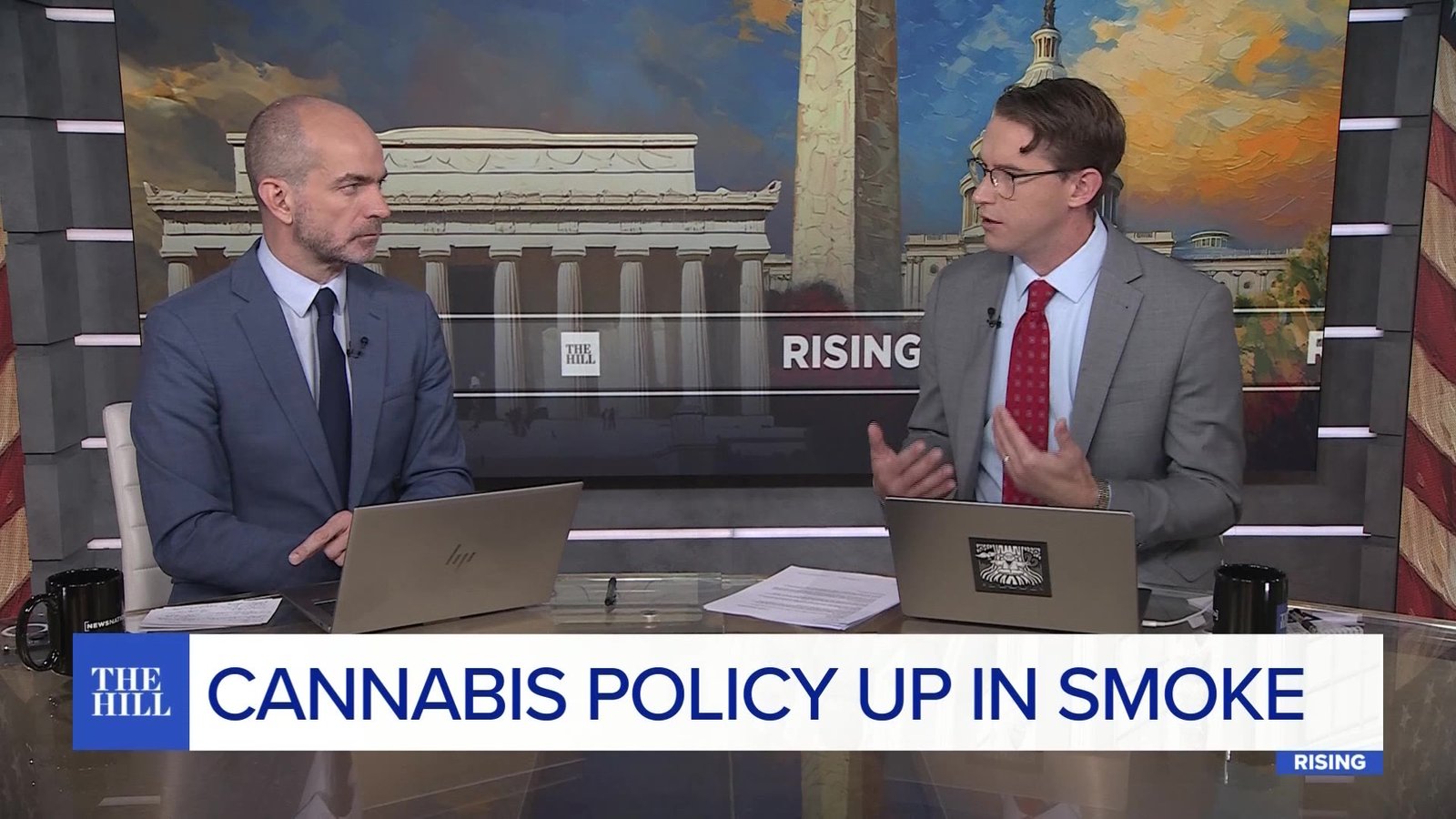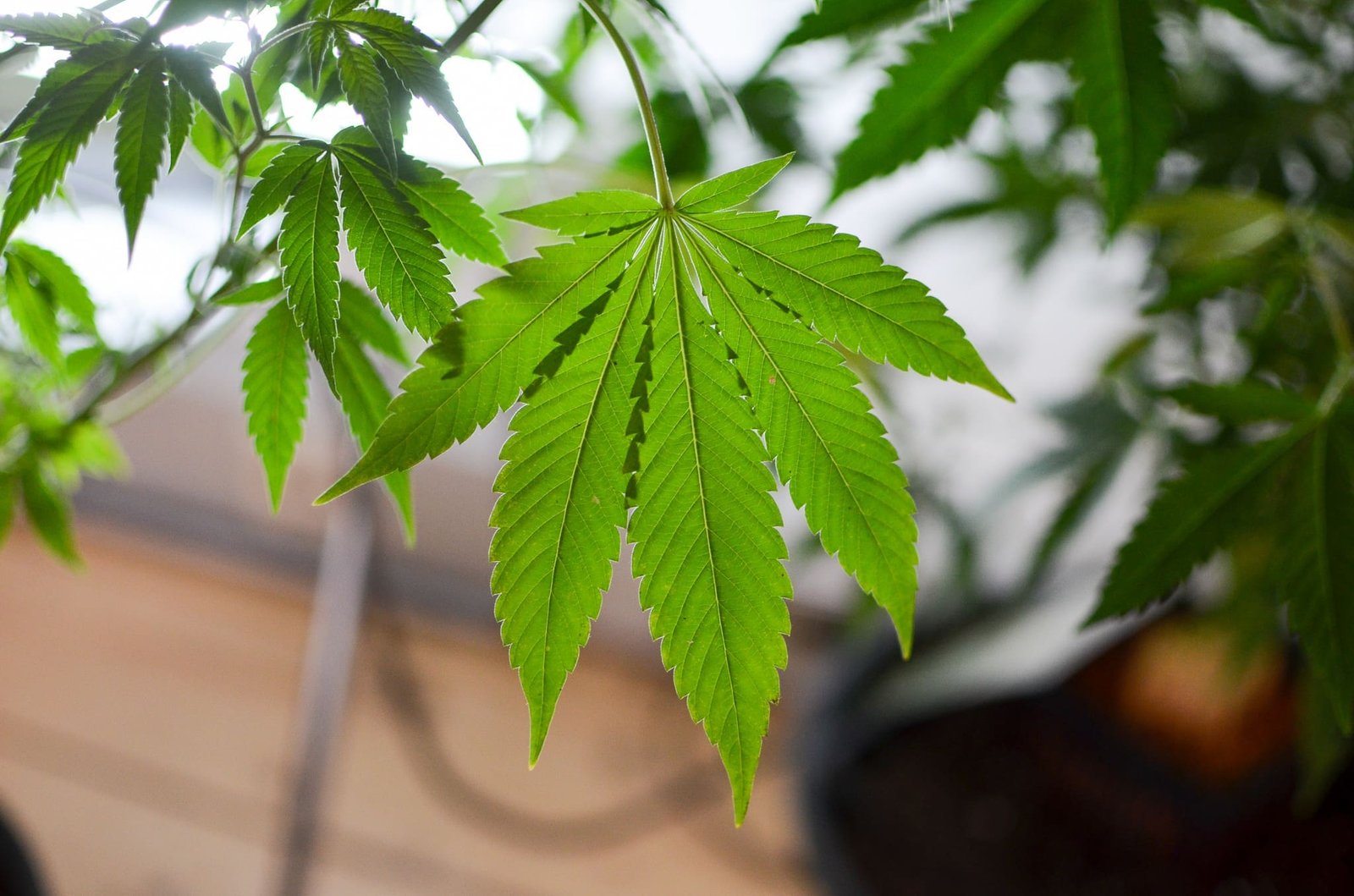Despite calls for reform, neither President Donald Trump nor former President Joe Biden has altered the federal classification of cannabis. Currently classified as a Schedule I substance under the Controlled Substances Act, cannabis is deemed to have no accepted medical use and a high potential for abuse. This classification places cannabis in the same category as substances like heroin and LSD, creating significant obstacles for research, legal use, and access.
Throughout their terms, both administrations faced pressure to reschedule cannabis, particularly as public opinion shifted toward legalization and recognition of its medical benefits. According to a Gallup poll, as of 2021, 68% of Americans support legalizing cannabis, a substantial increase from just 25% in 1995.
In 2020, Biden’s campaign promised a reevaluation of cannabis laws, including potential decriminalization at the federal level. However, as of now, no formal actions have been taken to implement these changes. Similarly, Trump’s administration did not introduce any measures to reschedule cannabis, despite some states legalizing it for recreational and medical use.
The lack of action from both leaders has led to frustration among advocates and lawmakers who argue that the current scheduling hampers scientific research and contributes to the ongoing stigma surrounding cannabis use. With states increasingly moving towards legalization, the federal government’s stance remains a point of contention in the ongoing debate about cannabis policy reform.
As the cannabis industry continues to grow, with legal markets generating billions in revenue, the pressure on federal authorities to reconsider cannabis’s classification is expected to increase. The current status quo raises questions about the future of cannabis policy in the United States as it grapples with the evolving landscape of public perception and state-level legislation.



